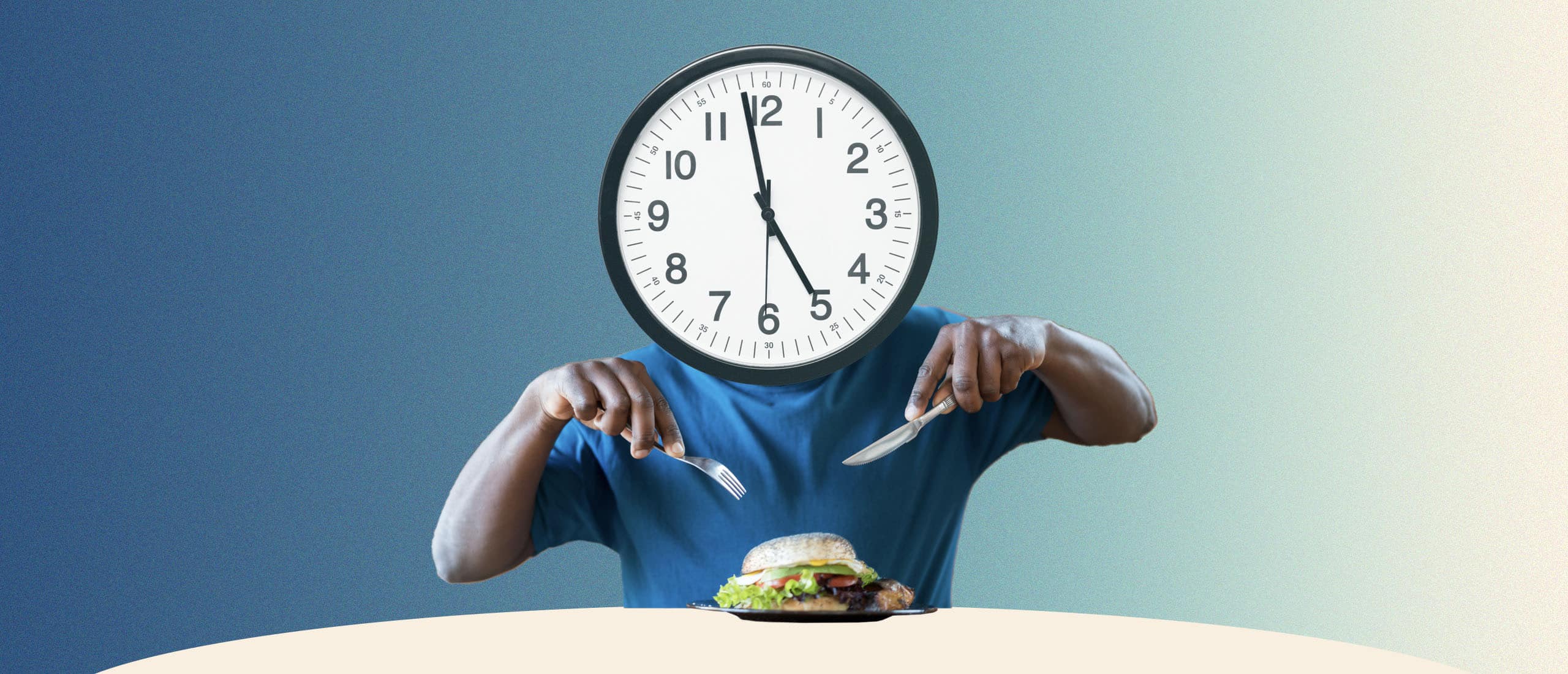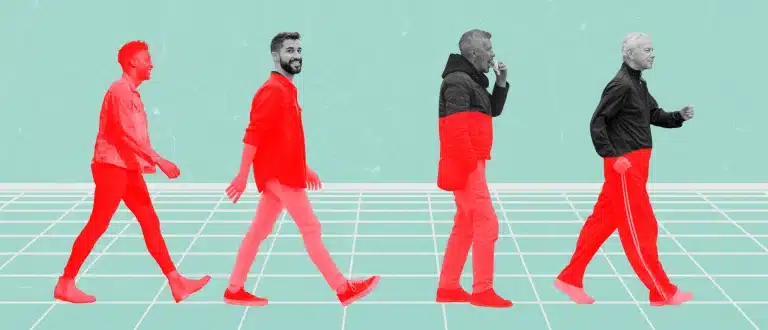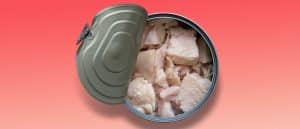Circadian Rhythm Fasting May Be the Key to Losing Weight
- By Sydney Bueckert, NASM C.P.T., C.E.S., F.N.S., G.P.T.S.
- REVIEWED BY IMASHI FERNANDO, MS, RD
- FACT CHECKED BY JOY FERGUSON
- August 16, 2023
Whether you follow 18:6 intermittent fasting or buckle down for a full 48-hour fast, evidence is accumulating that fasting can increase stress resistance and longevity, and decrease your risk of chronic disease—including cancer and obesity (1, 2). But fasting doesn’t come without downsides. One pain point, according to longevity physician Peter Attia M.D., is it can be tough to hold onto muscle mass, which is essential to keep you moving well as you age.
It might also throw off your circadian rhythms, cycles controlled by your body’s internal “clock”. Circadian rhythms help regulate processes such as digestion, metabolism, and a host of important hormones like cortisol, melatonin, testosterone, and insulin (1). A recent review explains that intermittent fasting appeared to increase the level and frequency of cortisol—aka the “stress” hormone—secretion (3). “Chronically elevated cortisol can wreak havoc on various aspects of your health including hormone levels and overall energy,” says registered dietitian Imashi Fernando, M.S., R.D.
Circadian rhythm fasting, which aims to work with your hormones rather than against them, may help.
First of All, What Are Circadian Rhythms?
Your body has an internal “clock” that regulates your circadian rhythms, 24-hour cycles that are part of that clock. One of the most important circadian rhythms is the sleep-wake cycle. The clock is found in the suprachiasmatic nuclei (SCN), which is located in the brain’s hypothalamus (4). Circadian rhythms respond primarily to light. When exposed to light, signals tell your body that it’s time to wake up. When it gets dark a message is sent that it’s time to wind down.
Your circadian rhythms influence the ebb and flow of various hormones throughout the day, but the two biggies are cortisol and melatonin (5). Think of cortisol and melatonin like the sun and moon. When your sleep/wake cycle is balanced, cortisol peaks in the morning around 7 to 8 a.m., and gradually drops throughout the day until midnight. Melatonin does the opposite. It’s lowest during daylight hours, and peaks at night when it’s dark.
When and What You Eat Impacts Your Circadian Rhythm
Light isn’t the only thing that affects your circadian rhythm, when and what you eat can make a difference, too. Eat too late (or not at all) and your cortisol peak may shift from the morning to the afternoon (3)—which may cause you to feel sluggish and groggy in the morning and awake and alert at bedtime.
Your body also releases the hormone insulin in response to eating, particularly after a carb-heavy meal. Insulin sensitivity is a good sign, it means your body is capable of regulating blood sugar levels. If insulin rises at off times, however—like when you get the late-night munchies—it can disrupt your circadian rhythm and increase your risk for long-term health problems like type 2 diabetes and heart disease (5).
Particularly, snacking on ultra-processed carbs—like chips, candy, and cookies—can cause a blood sugar high, followed by a big blood sugar crash. “Low blood sugars overnight can trigger the release of cortisol to tell the liver to make more glucose to balance blood sugar levels. This is a common but hidden cause of insomnia and middle-of-the-night wakings,” registered dietitian Anna Brown, M.S., R.D. previously told The Edge.
What Is Circadian Rhythm Fasting?
“Circadian rhythm fasting falls under the time-restricted eating sub-type of intermittent fasting, where eating is done within a specific time window,” says Fernando. Unlike traditional IF, however, circadian rhythm fasting involves timing your meals with the rise and fall of the sun, and thus, cortisol. The recommended hours in that eating window may vary throughout the year (anywhere from about six to 12 hours per day), shifting as the light of day changes, according to researchers (6, 7).
Circadian Rhythm Fasting vs. Intermittent Fasting
The main difference is circadian rhythm fasting restricts eating hours with the specific purpose of aligning with your natural circadian rhythm, whereas intermittent fasting doesn’t dictate when during the day your eating window might be. This means circadian rhythm fasting typically involves eating earlier in the day, in comparison to many intermittent fasting schedules which often push your first meal of the day back to lunchtime.
Benefits of Circadian Rhythm Fasting
Eating with your circadian rhythm caters to your body’s natural (and preferred) biological flux. “Disrupting the circadian rhythm may disrupt metabolic balance in the body, including blood sugar, insulin, lipid and energy regulation, which can increase the risk for metabolic diseases like diabetes and heart disease,” says Fernando. Circadian rhythm fasting might be one way to help get your natural hormone cycles back on track, and it’s been associated with other perks like:
Plus, if you struggle with late-night cravings, circadian rhythm fasting can provide structure. “Following a structured eating plan that encourages you to stop eating earlier can help manage binges,” adds Fernando. “It may also translate to improved sleep because it can promote better blood sugar balance overnight.”
What to Know Before Circadian Rhythm Fasting
Ready to give circadian rhythm fasting the old college try? Here’s everything you need to know to get started according to Fernando.
Determine the right eating window
Ultimately, your schedule boils down to what fits with your lifestyle—i.e. when you like to wake up, workout, etc. “Begin eating no later than 10 a.m., and stop eating no later than six or seven p.m.,” says Fernando.
Focus on nutrient-dense foods
Circadian rhythm fasting doesn’t dictate which foods are on or off limits. “However, for overall health, it is a good idea to still aim for balanced meals and snacks that prioritize fiber (whole grains, fruits veggies), lean protein (eggs, chicken, fish, beans), and healthy fats (olive oil, avocado),” says Fernando. Snacks are okay, too, just keep the macros balanced (carb and protein, or carb and fat) to avoid a big blood sugar spike.
Stay hydrated
“Water is best. Avoid any beverages with added sugars, especially from high fructose corn syrup,” says Fernando. She also recommends limiting alcohol to within your eating window, as having a drink outside of that window will break your fast. “Practice moderation (no more than two drinks per day for men). Even a moderate amount of alcohol can disrupt sleep quality, which in turn can affect your natural circadian cycle,” she adds.
Be intentional about light exposure
There’s a reason neuroscientist Andrew Huberman, Ph.D. swears by morning sun exposure and longevity-obsessed tech bro Bryan Johnson can’t live without his light therapy lamp. Getting light in the morning can help support your circadian clock. Fernando also recommends limiting screen time and avoiding blue light at night which throws off your body’s biological clock.













